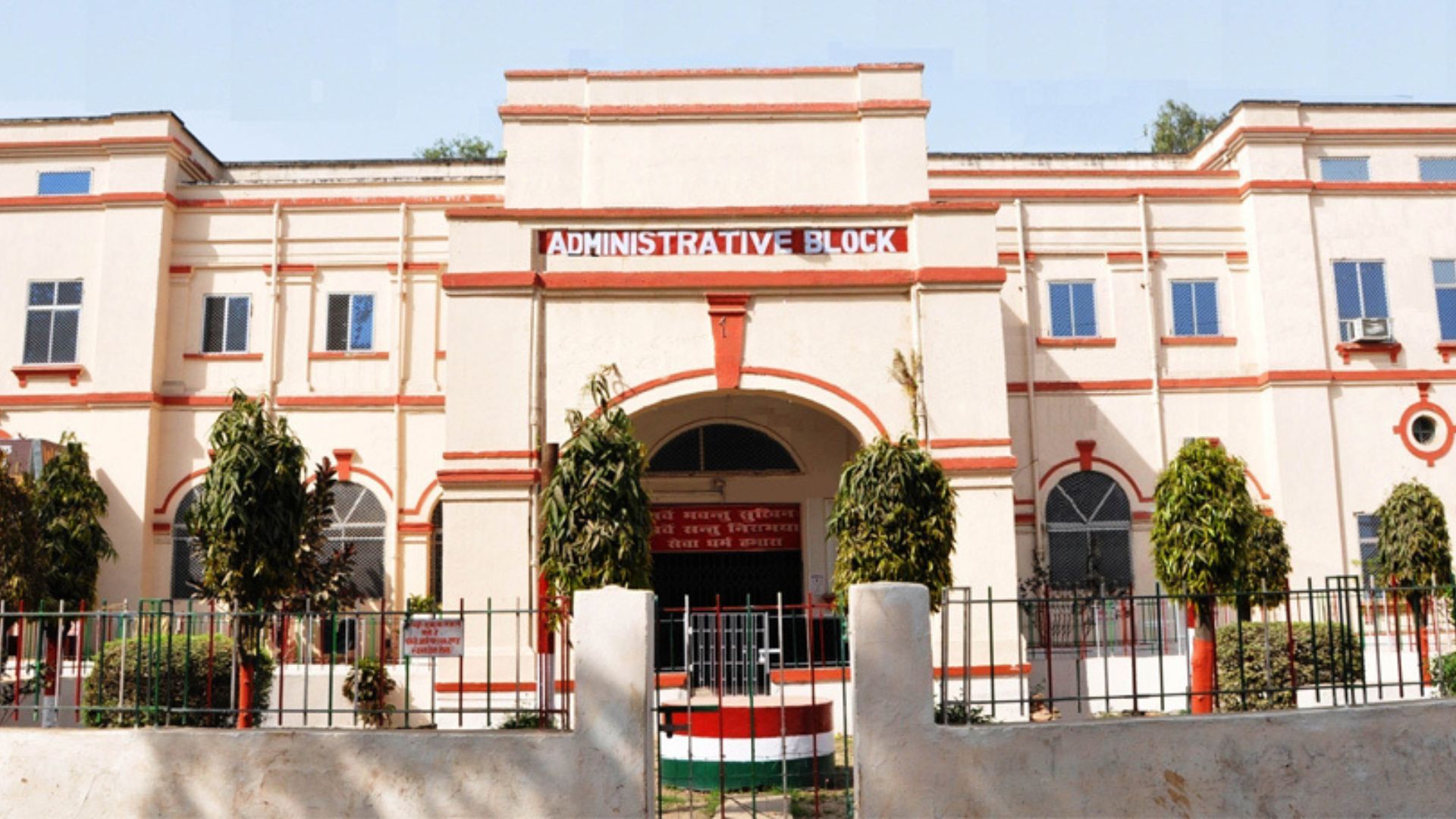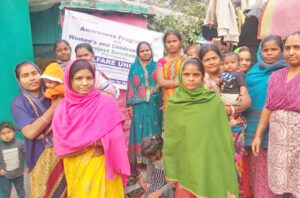In its Annual Report for 2022-23, the Ministry of Women and Child Development states the following: “The principle of gender equality is enshrined in the Indian Constitution. The Constitution not only grants equality to women but also empowers the State to adopt measures of equity and empowerment in favour of women to neutralise the cumulative socio-economic and political discrimination faced by them. Women have fundamental rights to not be discriminated on the grounds of sex and gender and get equal protection under the law. It also imposes a fundamental duty on every citizen to renounce the practices derogatory to the dignity of women.”
The process of empowering women involves enabling them to assert their rights, ensuring equal access to opportunities in economic, cultural, social, and political domains, and enabling them to achieve their maximum potential. The Ministry in its report describes the several initiatives it has undertaken that are aimed at women’s empowerment and ensuring their safety. These include: Legislative Framework for Women, Schemes for Women’s Welfare, and Initiatives for Women.
LEGISLATIVE FRAMEWORK
This covers the aspects of Sexual Harassment at the Workplace, Child Marriage, Domestic Violence, Dowry Prohibition, Indecent Representation of Women, Prevention of Sati, Immoral Traffic Prevention, and Trafficking of Persons.
WORKPLACE HARASSMENT
The Sexual Harassment of Women at Workplace (Prevention, Prohibition and Redressal) Act, 2013 was enacted to ensure safe working spaces for women and to build an enabling environment that respects women’s right to equality of status and opportunity. The Act covers all women, irrespective of their age or employment status and protects them against sexual harassment at all workplaces whether organised or unorganised. Students, apprentices, labourers, domestic workers and even women visiting an office or a workplace are included in the Act.
DOMESTIC VIOLENCE
With regard to violence occurring within the private space of homes, the key legislation is the Protection of Women from Domestic Violence Act (PWDVA), 2005. The objective of the law is to prevent violence and provide immediate and emergency relief in case of such situations irrespective of the status of the woman’s relationship with the respondent. The Act recognises women’s right to live free from violence of any kind occurring within the family and for matters connected therewith or incidental thereto.
DOWRY PROHIBITION
The Dowry Prohibition Act was enacted in 1961. The Act defines dowry and penalises the giving, taking or abetting the giving and taking of dowry. It also lays down a built-in implementation mechanism in the form of Dowry Prohibition Officers to ensure effective enforcement of the law. Multi-sectoral advocacy has been carried out to positively influence the mindsets of people and discourage them from giving and taking dowry.
INDECENT REPRESENTATION
The Indecent Representation of Women Act, 1986 was enacted with the specific objective of prohibiting the indecent representation of women through advertisements, publications, writings, paintings, figures or in any other manner. As per the Act, “indecent representation of women” means the depiction in any manner of the figure of a woman; her form or body or any part thereof in such way as to have the effect of being indecent, or derogatory to, or denigrating women, or is likely to deprave, corrupt or injure the public morality or morals. It also prohibits selling, distribution, circulation of any books, pamphlets, and such other material containing indecent representation of women.
LEGISLATIVE PROTECTIONS FOR WOMEN
Trafficking of Persons Bill: 2018
Sexual Harassment of Women at Workplace Act: 2013
Protection of Women from Domestic Violence Act: 2005
Commission of Sati (Prevention) Act: 1987
Indecent Representation of Women Act: 1986
Dowry Prohibition Act: 1961
Immoral Traffic (Prevention) Act: 1956














